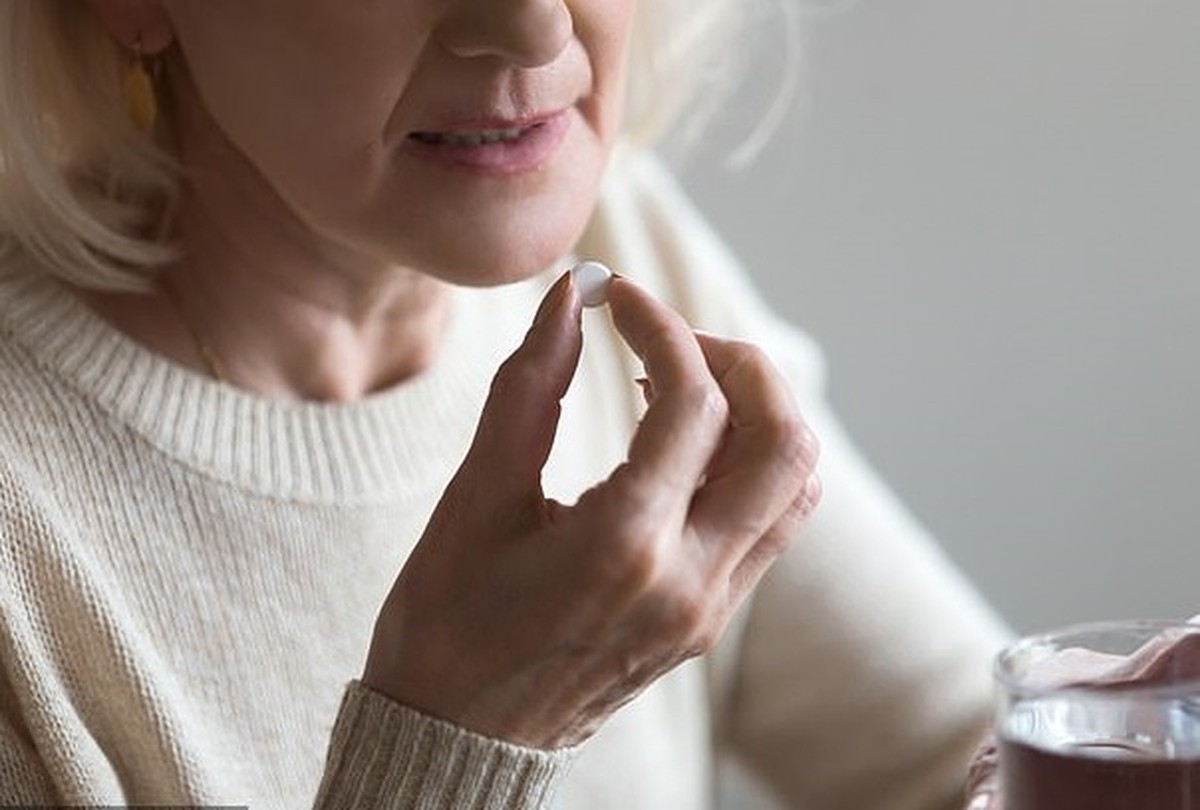14/06/2025
14/06/2025

LONDON, June 14: As people continue to outlive their parents and grandparents, those added years often bring a burden of chronic illnesses. Now, scientists are exploring ways to ensure those later decades feel less like overtime and more like prime time—by delaying the biological decline that typically accelerates after age 65.
One promising avenue in longevity research is the search for drugs that mimic the benefits of caloric restriction, a method long known to extend lifespan in mice, worms, and monkeys. Though effective, the regimen — which requires reducing calorie intake by 20 to 40 percent over years — is difficult to sustain and can cause adverse effects like dizziness, brittle bones, and hair loss.
Instead, researchers are seeking "caloric-restriction mimetics" (CRMs), drugs that could provide similar anti-aging effects without forcing people to drastically cut their food intake. The idea is to activate the same metabolic pathways that animals use during times of food scarcity, prompting cells to clean up damaged proteins, improve energy use, and strengthen their defenses against stress.
A standout candidate in this emerging field is rilmenidine, a drug used for over 30 years to treat high blood pressure. Identified by machine-learning models screening for CRMs, the compound drew attention from a research team led by molecular biogerontologist Dr. João Pedro Magalhães at the University of Birmingham.
“For the first time, we have been able to show in animals that rilmenidine can increase lifespan,” Magalhães said. Experiments in the tiny soil worm Caenorhabditis elegans showed that the drug extended life even when administered later in life—an encouraging sign that humans might not need to begin treatment in middle age.
The study revealed that rilmenidine binds to imidazoline receptors on cell membranes, particularly one called nish-1. When the receptor was removed, the life-extending effects disappeared, but reintroducing it restored the benefits. Treated worms also displayed increased autophagy—the cell’s waste management system—and were better able to withstand heat stress. Importantly, the drug did not affect the worms’ development or fertility, suggesting it targeted aging-specific pathways.
Given C. elegans shares many genes with humans, the team extended their research to mice. The animals exhibited gene-expression changes in liver and kidney tissues that closely resembled those seen in classic caloric restriction. Metabolic biomarkers also shifted toward more youthful levels, bolstering hopes that the drug engages conserved survival mechanisms across species.
Since rilmenidine is already approved for human use and has a solid safety profile—its side effects are rare and include mild symptoms like palpitations, drowsiness, or insomnia—it may offer a shortcut to early-stage human trials. These trials could focus on biological indicators of aging, such as inflammation, insulin sensitivity, and muscle strength, before proceeding to long-term health outcomes.
“This is a very practical compound. It’s taken orally and doesn’t require a complex regimen,” said Dr. Magalhães. “With a global aging population, the benefits of delaying aging—even slightly—are immense.”
Public health experts agree that shaving just a few years off late-life disability could dramatically reduce healthcare costs and improve quality of life for millions. Yet the concept of targeting aging itself, rather than individual diseases, remains a relatively new frontier.
Regulatory agencies will eventually need new frameworks to evaluate drugs like rilmenidine, which aim to delay aging rather than treat a specific illness. Ethical questions also loom around fair access and societal impact. Still, many researchers believe the momentum is growing.
“If rilmenidine or similar drugs continue to prove safe and effective,” said Magalhães, “we may soon see a future where living healthy into your eighties and beyond becomes less of a genetic fluke and more a product of everyday science.”


